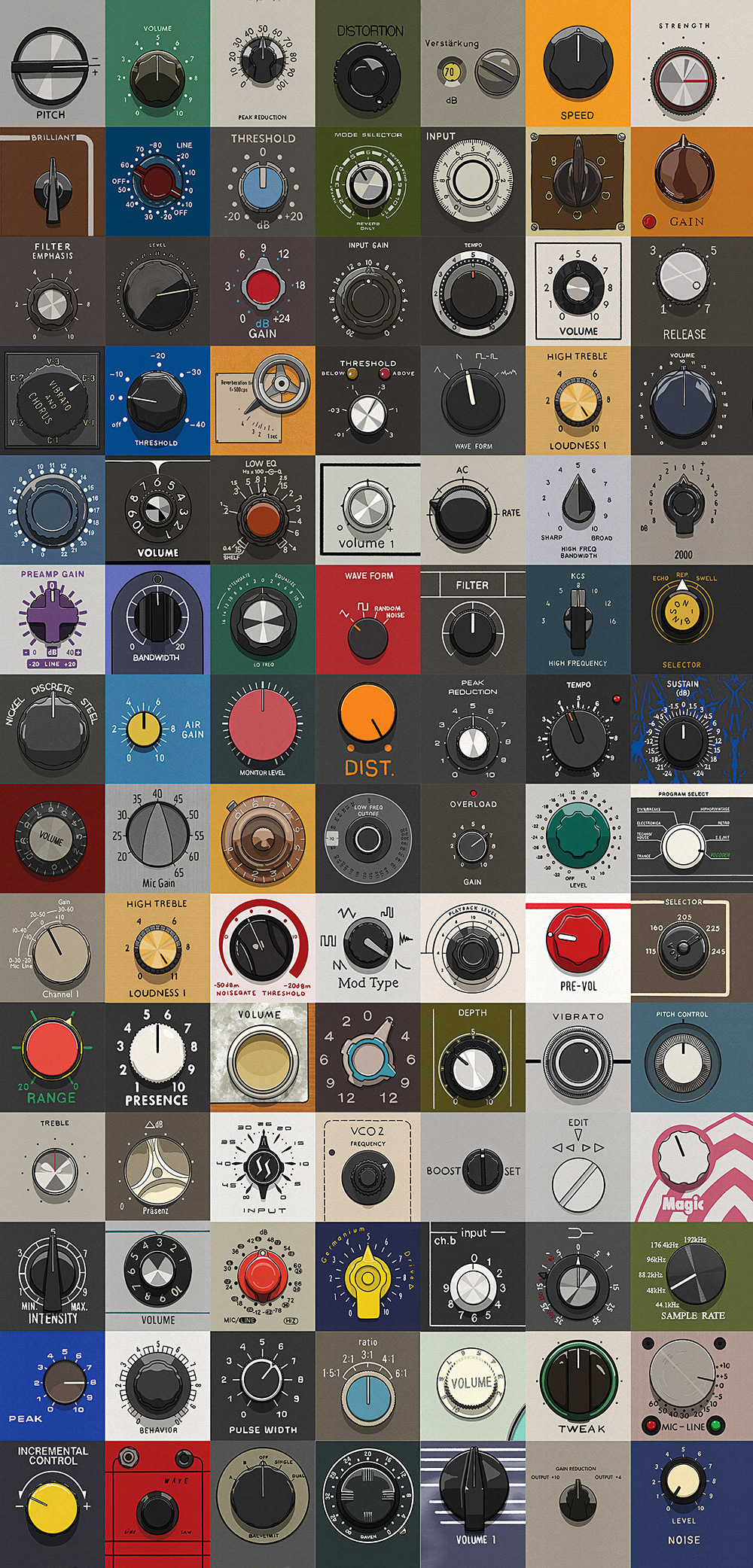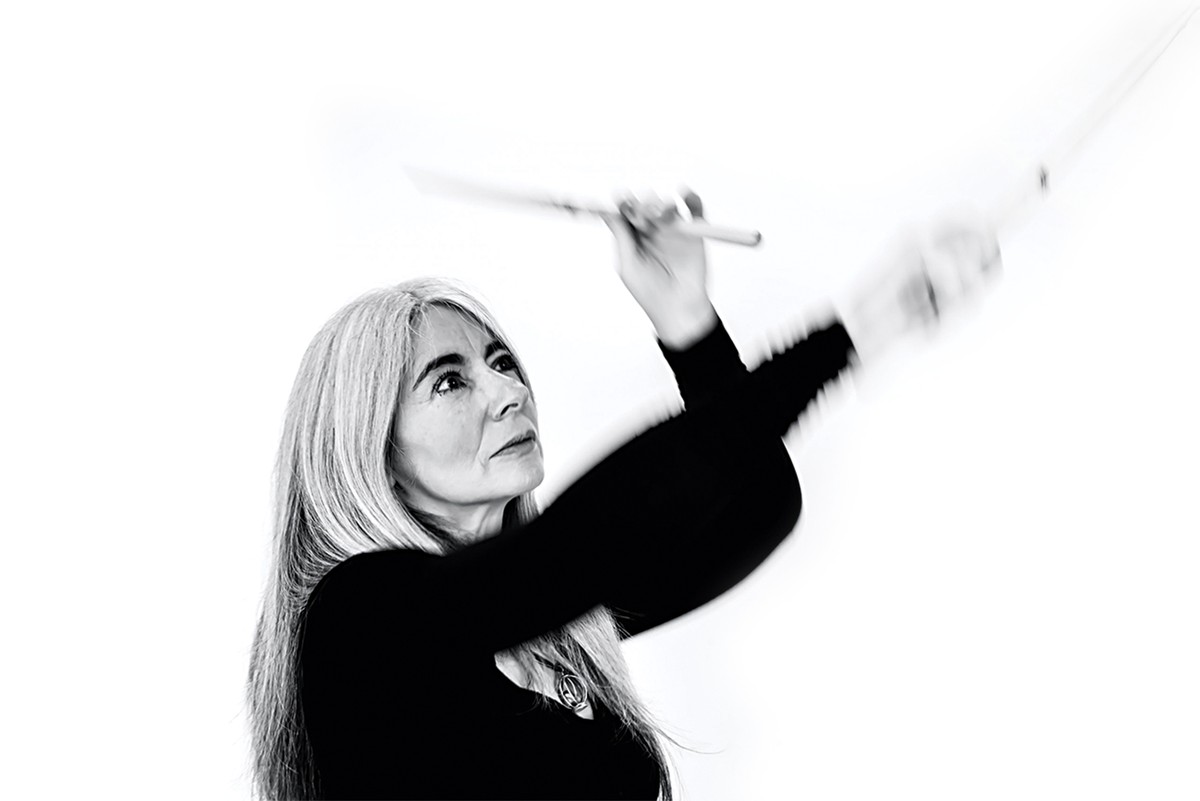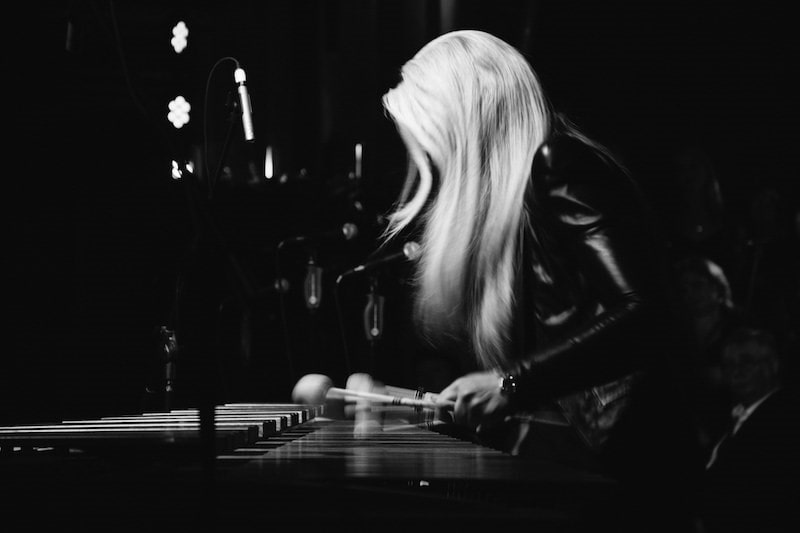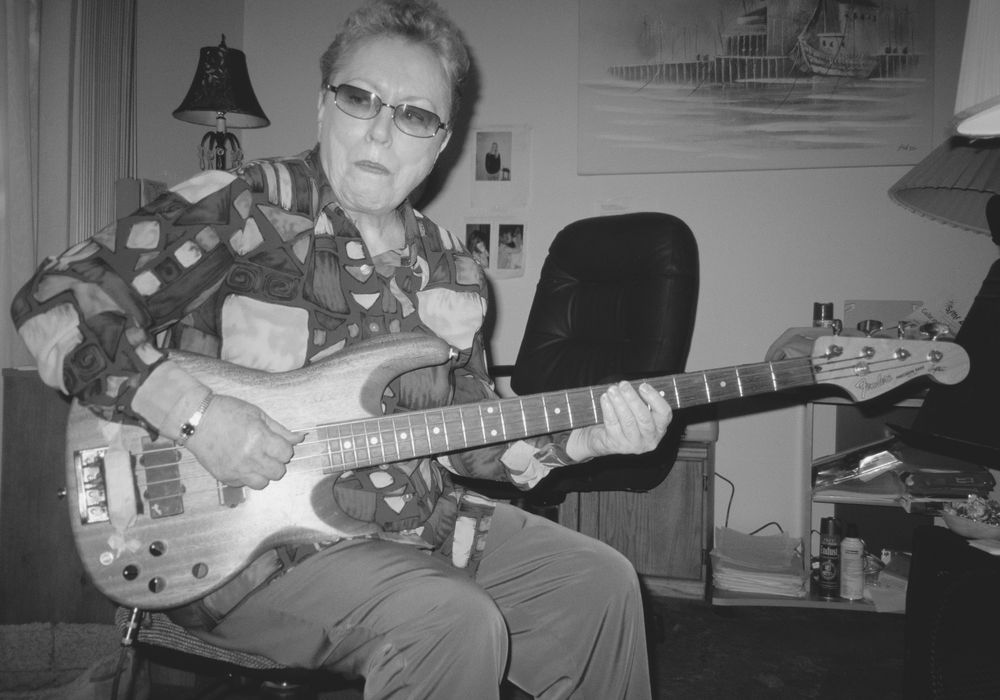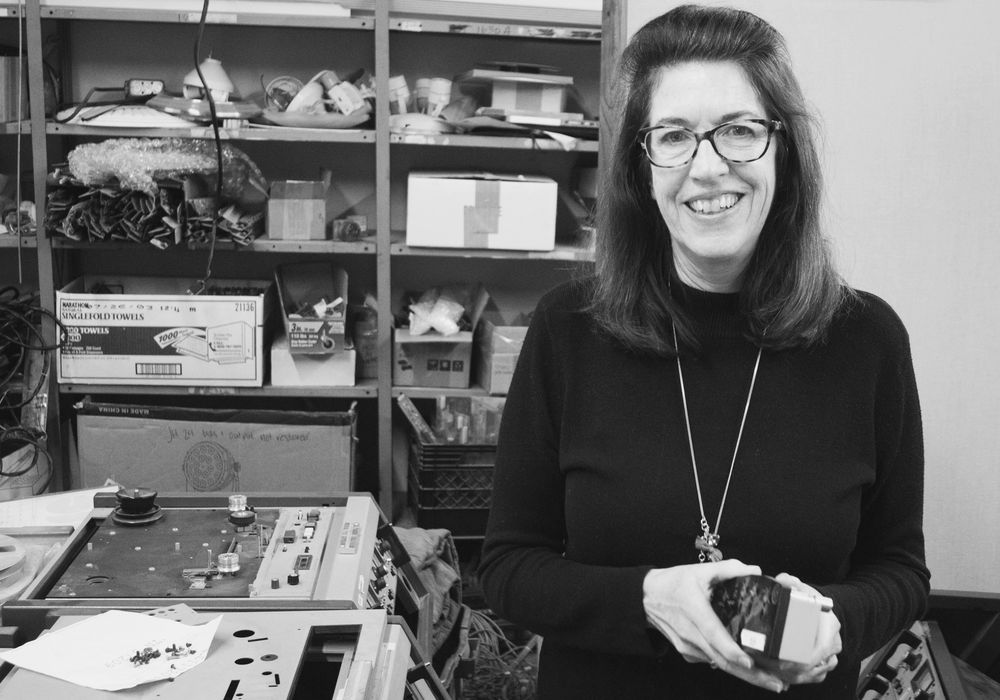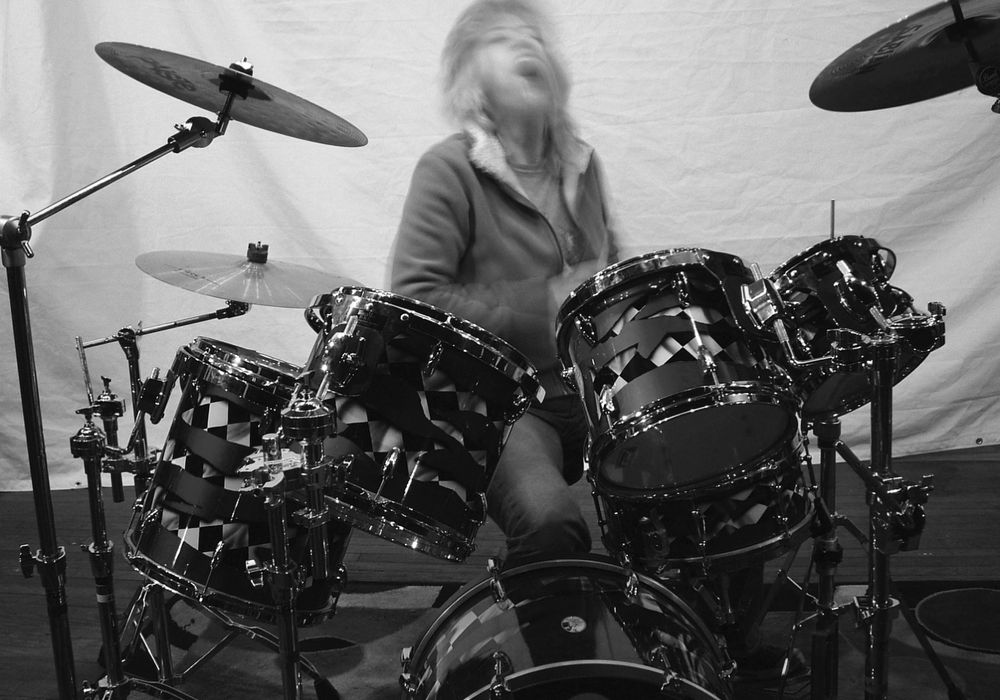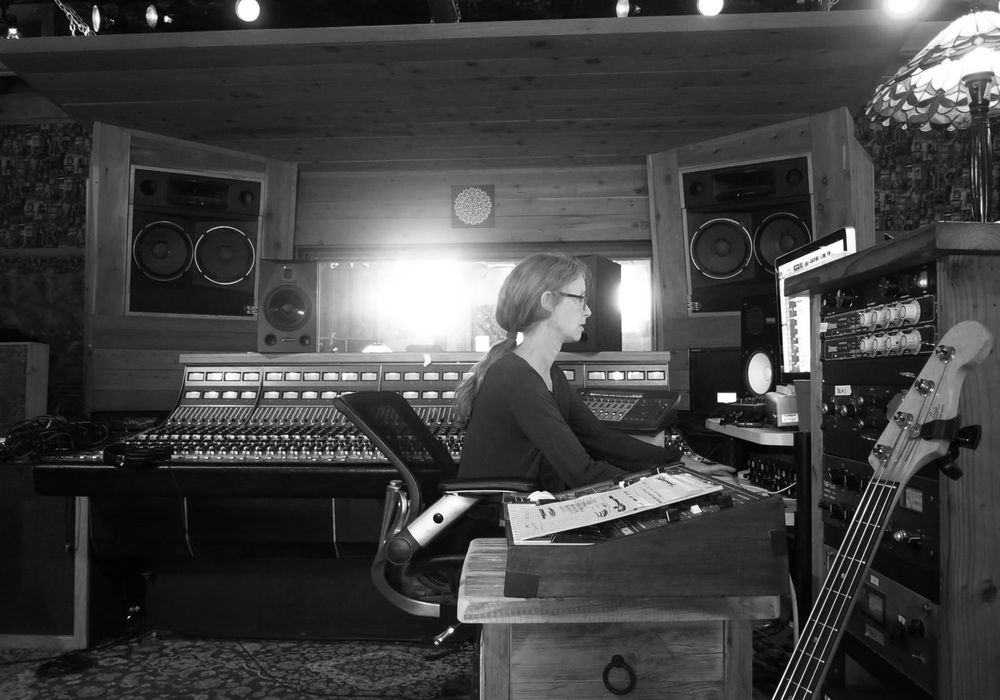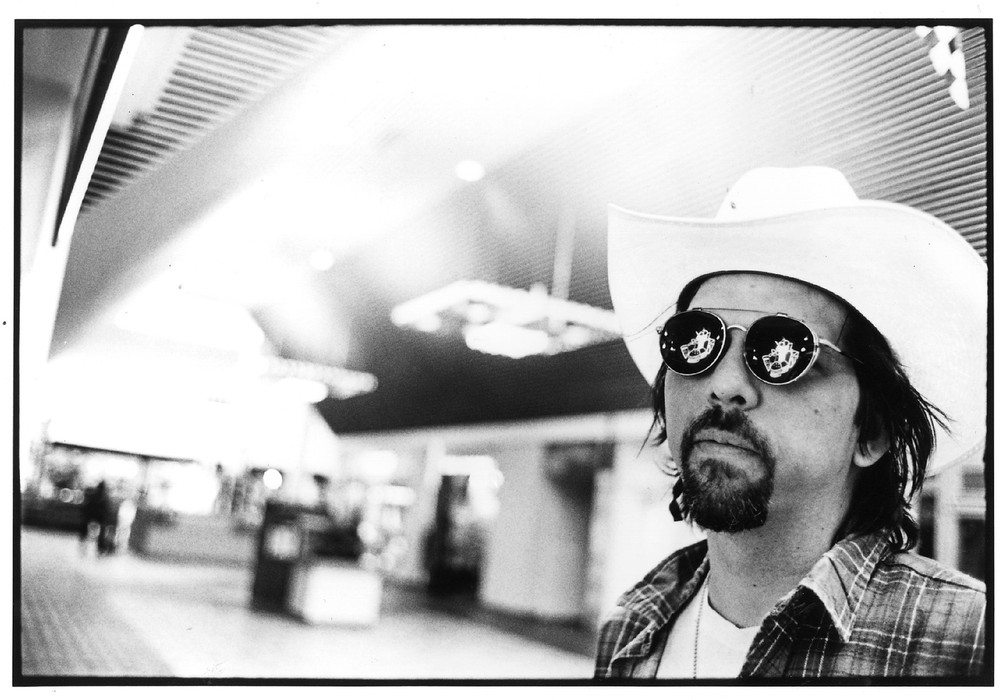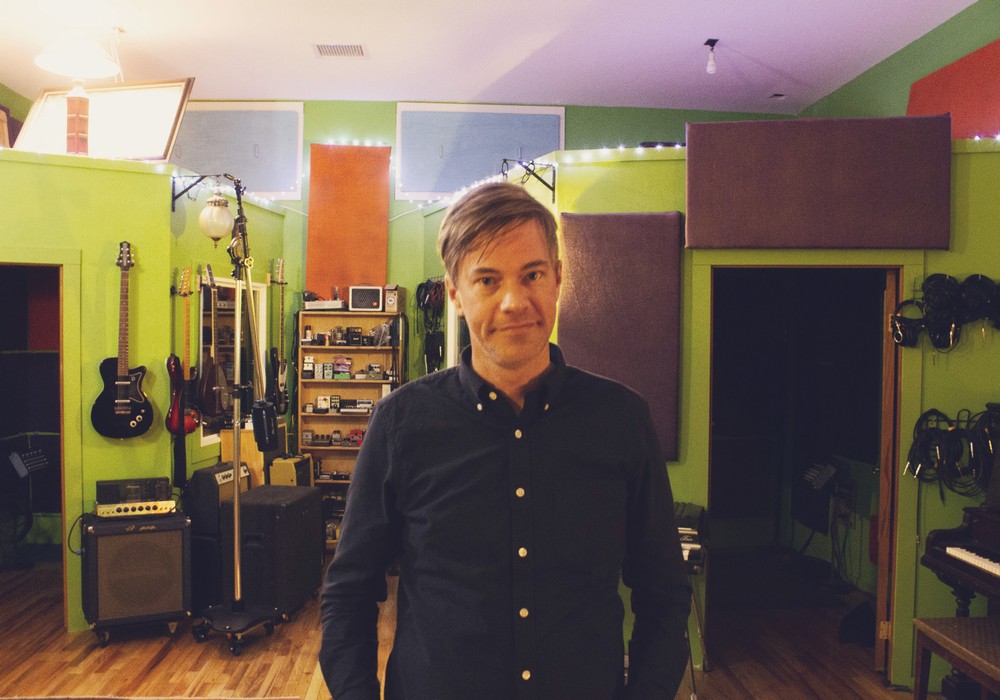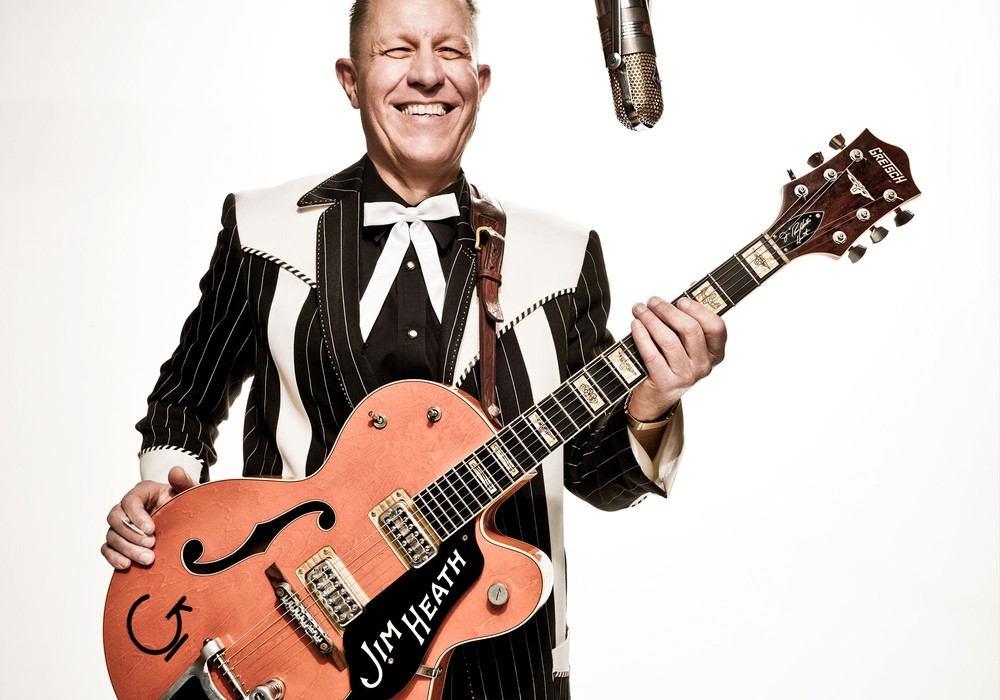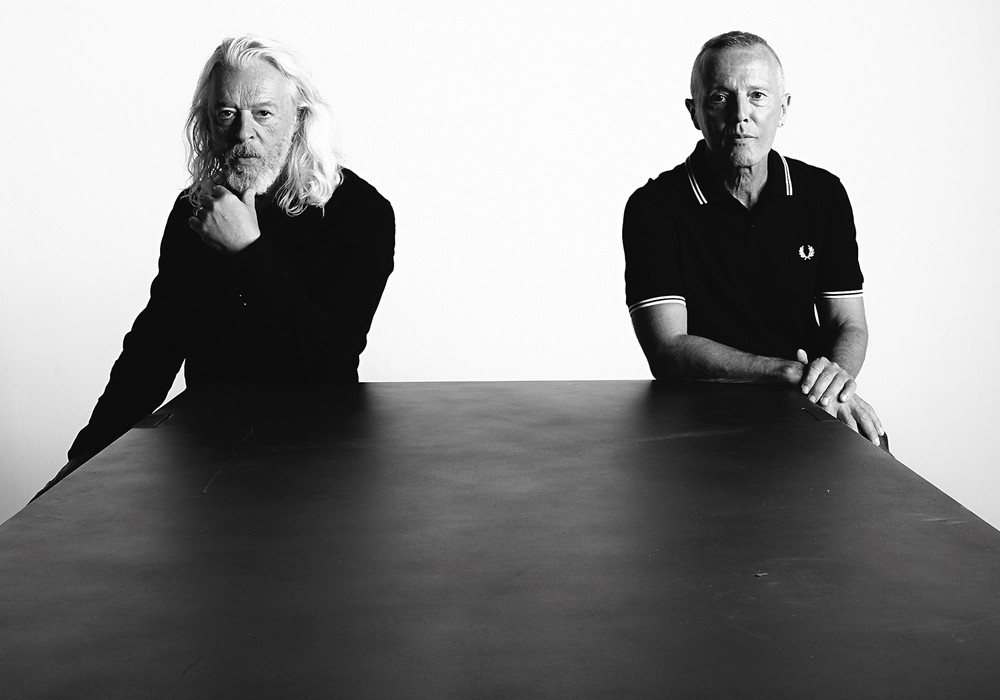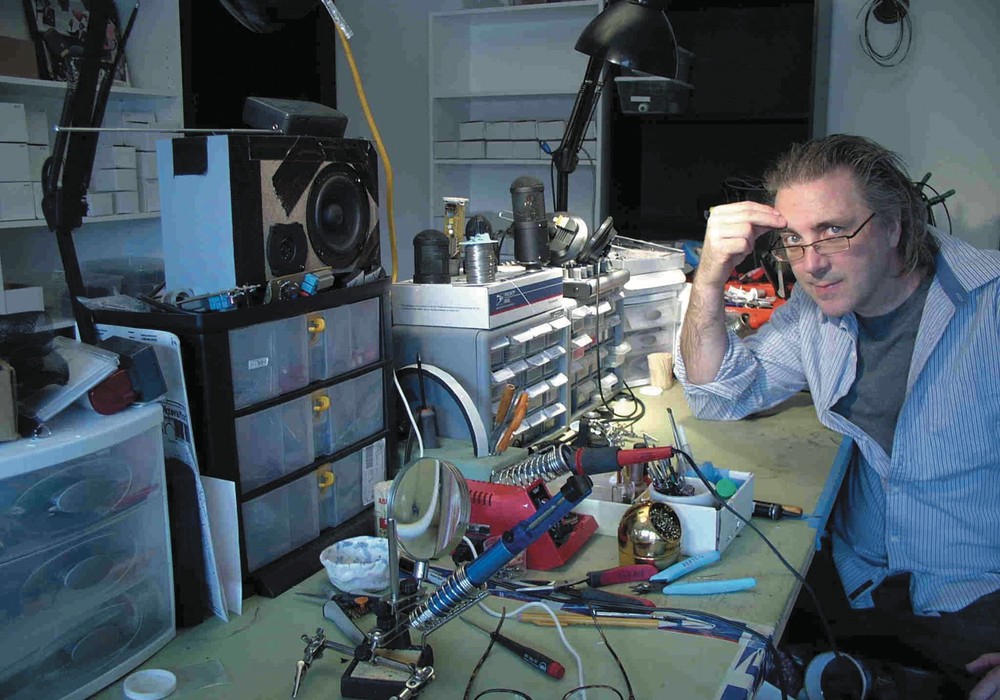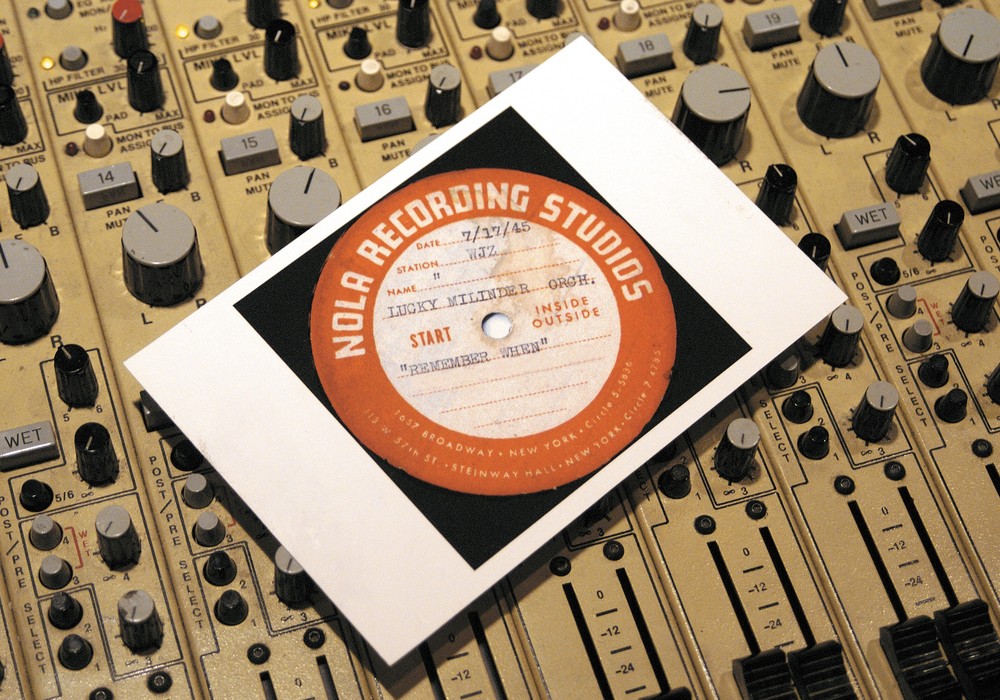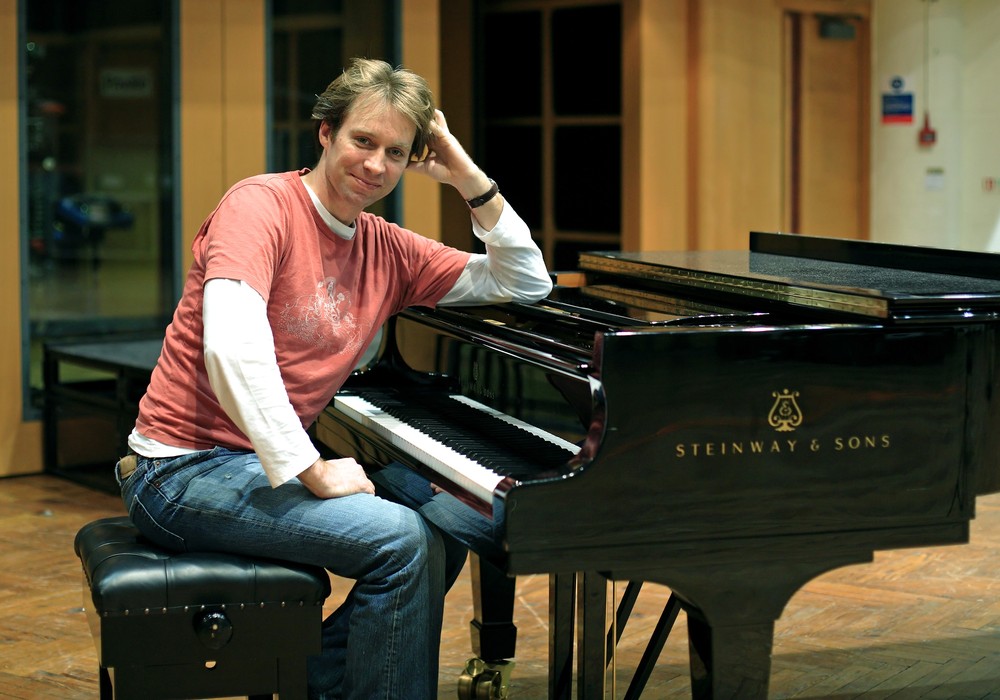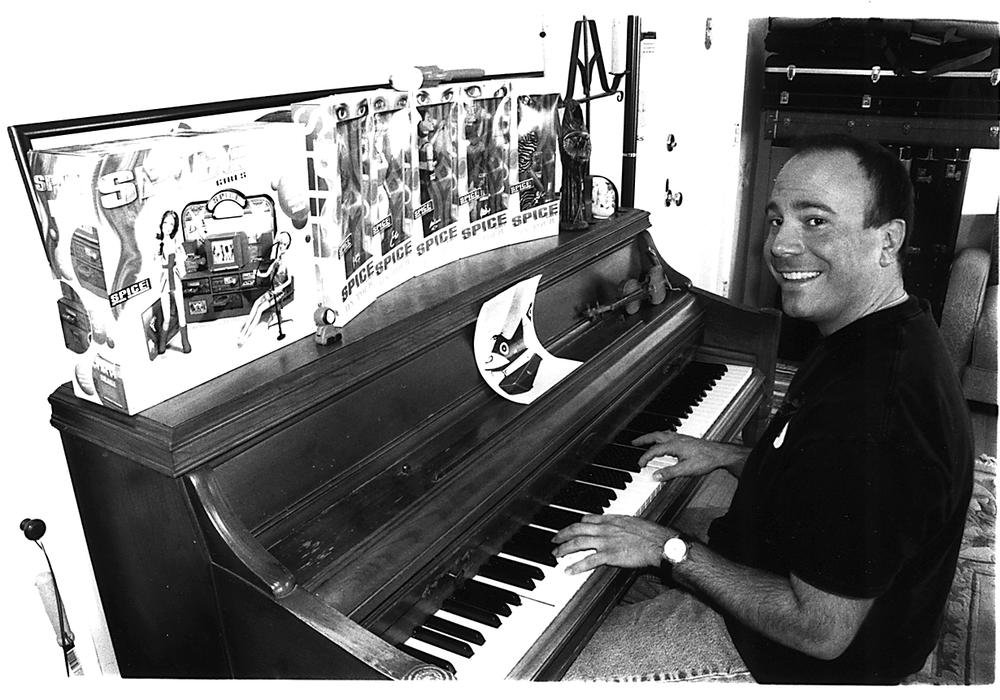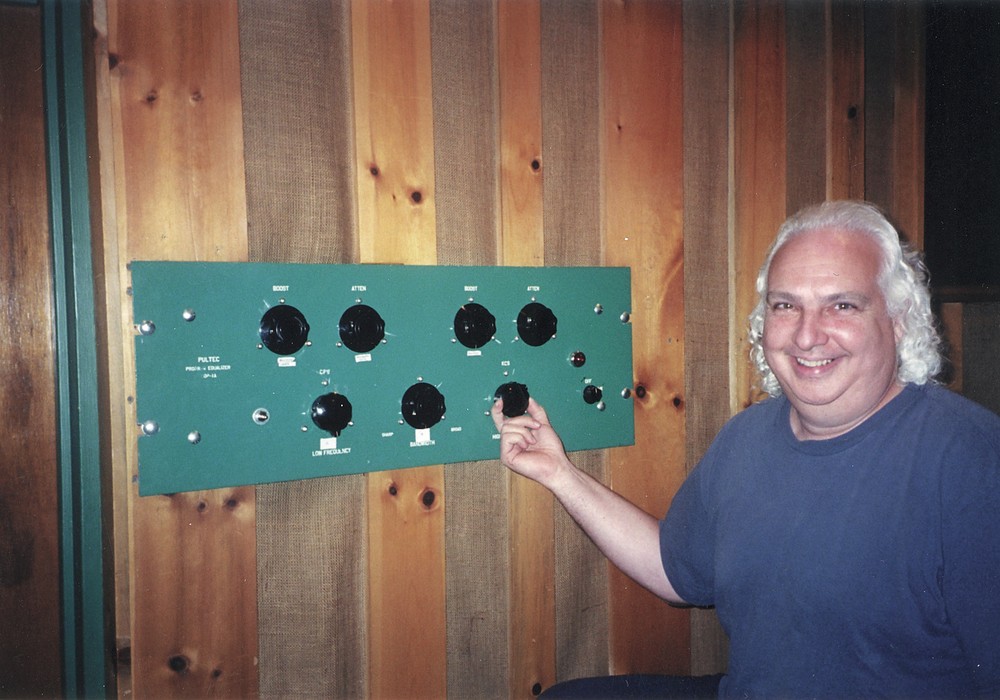What is your earliest sound memory?
As a young kid, growing up on a farm, I was very, very aware of placement of sound. For safety reasons, if you're beside a great big combine harvester or a tractor, or some other vehicle, you have to be aware of where you are in relation to that object. Likewise, with livestock you're very much listening to the sound of a calf, a sheep, or a lamb, and trying to detect if they're okay or not okay. It's actually a really musical environment, but you're letting nature take its course. I think that my patience with sound has grown as I've gotten older. To let each sound – once I've triggered it – have its own life, or season, as it were. I definitely do reflect much more now on that upbringing and the pace, as well as the huge variety found in the sound world growing up in the countryside near the ocean.
You mentioned danger on the farm and how sound can provide warnings. I think a lot about the risk and vulnerability of people walking around cities while using earbuds, and not being well aware of their surroundings.
We find that in a lot of cases hearing damage is not so much from the volume as such as it is due to the cumulative amount of sound. Due to technology, there increasingly seems to be no escape from sound. But before we ask technology to help us with these challenges, I think the human body and the mind need to see how far we can go in order to take control of the situation, and then bring technology forward. Otherwise, we will always be hostage to technology helping us; and if it doesn't work, we'll think it's unsolvable due to bad technology. There's a lot that we can do ourselves. In my own situation, I'm deaf, and you would think, "Oh well, she should cope with sound pretty easily." But it's quite extraordinary, because, in a way, I need to escape from sound more.
You have that beautiful quote, "Silence is one of the loudest sounds. The opposite of sound isn't silence."
Everything needs to be in proportion. If I'm practicing, I practice for no more than 20 minutes at a time. I leave that sound environment, and then I'll go back to it and so on. We're never going to escape sound altogether, but it's very important to think of sound as something you are feeding inside of yourself, because that is what you're doing. We have to define listening and hearing. There's the hearing aspect, where we're aware of frequencies coming through, or the impact of some, but the listening aspect is to listen to that resonance and follow the journey of a sound. Otherwise, we might be receiving a lot of vibration, physically, without being aware of it. And actually, that could be affecting our well-being. What we're trying to do here in the UK is bring audiology students together with musicians, because what's traditionally been happening is that audiologists will test hearing in a controlled environment. They've discovered that hearing can be tested, and it can be displayed precisely on a graph. Nonetheless, the reality of that person moving out of the audiology room, out of the building, and then onto a busy street is a completely different sensation. To go from what was tested, hearing-wise, to what the reality is, listening-wise, as well as being able to function in everyday life, are two completely different things. But they cannot test every single frequency, or combinations of frequencies, or resonances. It's impossible to do that. It would take many, many, many, many lifetimes; and even then, we wouldn't get to the end. [laughter]
The heightening of awareness about the intersectionality of sound and context seems to possess great value. It seems almost as if they were to conduct hearing tests in the middle of a hectic cafe or bustling market, it might be more beneficial...
The rest of this article is only available with a Basic or Premium subscription, or by purchasing back issue #154. For an upcoming year's free subscription, and our current issue on PDF...
Or Learn More
